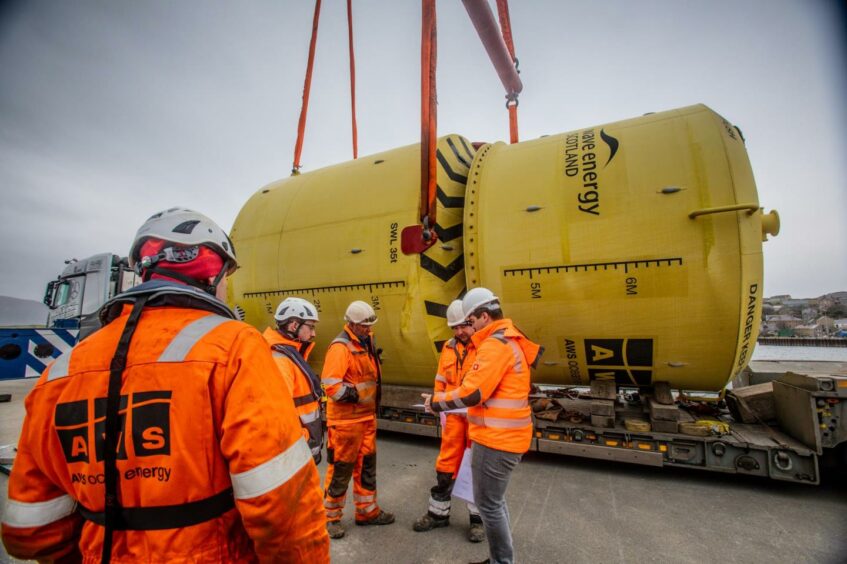
Britain can avoid spending billions of pounds on its wave and tidal energy industry if the UK Government works more closely with European neighbours, according to a major new report.
Edinburgh University’s study findings – published today – show that if ministers invest around £325 million between now and 2050, the overall cost of developing the tidal stream sector could plummet from £18.3 billion to £3.3bn, generating six gigawatts (GW) of power and boosting the economy.
Investing around a further £180m in wave energy during the same period could bring the sector’s overall development cost down from £20.5bn to £3bn and generate another 6GW of power.
Previous reports said developing the wave and tidal stream industry could add between £11bn and £41bn of gross value to Britain’s economy by 2050, depending on how much of the supply chain is based in the UK.
The European Marine Energy Centre (Emec) in Orkney has led the development of wave and tidal stream devices, with former first minister Alex Salmond hailing the Pentland Firth as having “the potential to become the Saudi Arabia of marine power”.
As well as boosting the economy, previous studies highlighted the benefits of wave and tidal stream power which is often generated at times when wind turbines and solar panels are less productive.
Estimates suggest generating power from wave and tidal devices could help to reduce the cost of balancing supply and demand across the UK’s electricity grid by £1bn a year by 2050, without which balancing costs are forecast to reach around £13bn a year.
Today’s report was commissioned by the Supergen Offshore Renewable Energy Hub, a group of 10 universities – including Aberdeen, Edinburgh, and Strathclyde – which will hold its annual conference next week in Southampton.
Better together
Professor Henry Jeffrey, head of Edinburgh University’s Institute for Energy Systems’ policy and innovation group, which compiled the report, said: “Despite Brexit, there’s no good reason why the UK cannot have effective collaborations centred around technological innovation with other European nations and the European Commission.
“Current problems with the UK’s access to the (EU) Horizon Europe science and innovation programme come down to joint funding.
“The wave and tidal stream benefits outlined in our report could come from ensuring effective collaboration across individual countries’ wave and tidal stream innovation programmes, so that we don’t duplicate research efforts.
“For example, one country could develop stronger moorings, while another develops recyclable tidal blades, all of which can then be combined if effective collaboration is encouraged.”
The report says avoiding potential higher costs could come through collaborating with seven neighbouring countries on wave energy and three on tidal power, along with the European Commission.
Potential tidal stream partners could include France and the Netherlands, while wave collaborators might include countries along the Atlantic seaboard, such as Ireland, Spain, and Portugal.
Collaborating with only three countries on wave and two on tidal stream would increase the required investment by ministers to around £488m for tidal and around £420m for wave to deliver the same results.
Prof Jeffrey said UK Government investment could be injected into the wave and tidal stream sectors through existing organisations such as Wave Energy Scotland (WES) and Innovate UK, formerly the Technology Strategy Board.
Both WES and Innovate UK have experience of running the funding competitions through which ministers normally push technological developments.
Emec external relationship manager Eileen Linklater said: “The UK lost its nerve in the 1980s with the development of wind energy.
“We need to ensure this doesn’t happy again with ocean energy.
Tidal energy ‘on the cusp’ of commercialisation
“We’ve been leading the development of the sector for 20 years and tidal energy is now on the cusp of commercialisation.
“However, we need the UK to provide continuity of support now to ensure the industrial, economic and environmental benefits are captured.”
Morag Watson, director of policy at trade body Scottish Renewables, said: “The UK Government must significantly invest in Scotland’s world-leading wave and tidal sectors in order for these technologies to be developed at scale and, as today’s report makes clear, deliver up to £41bn of value to the UK economy, while bringing high-quality jobs to coastal and island communities as well as important socioeconomic benefits.”
Government response
A Department for Energy Security and Net Zero spokesman said: “The UK remains a world leader in tidal stream power, with £175m investment over the last two decades meaning almost half the world’s deployment of this cutting-edge innovation is situated in our waters. We will continue to review the merits of setting targets for tidal stream as we explore how tidal power can boost energy security.”
Recommended for you

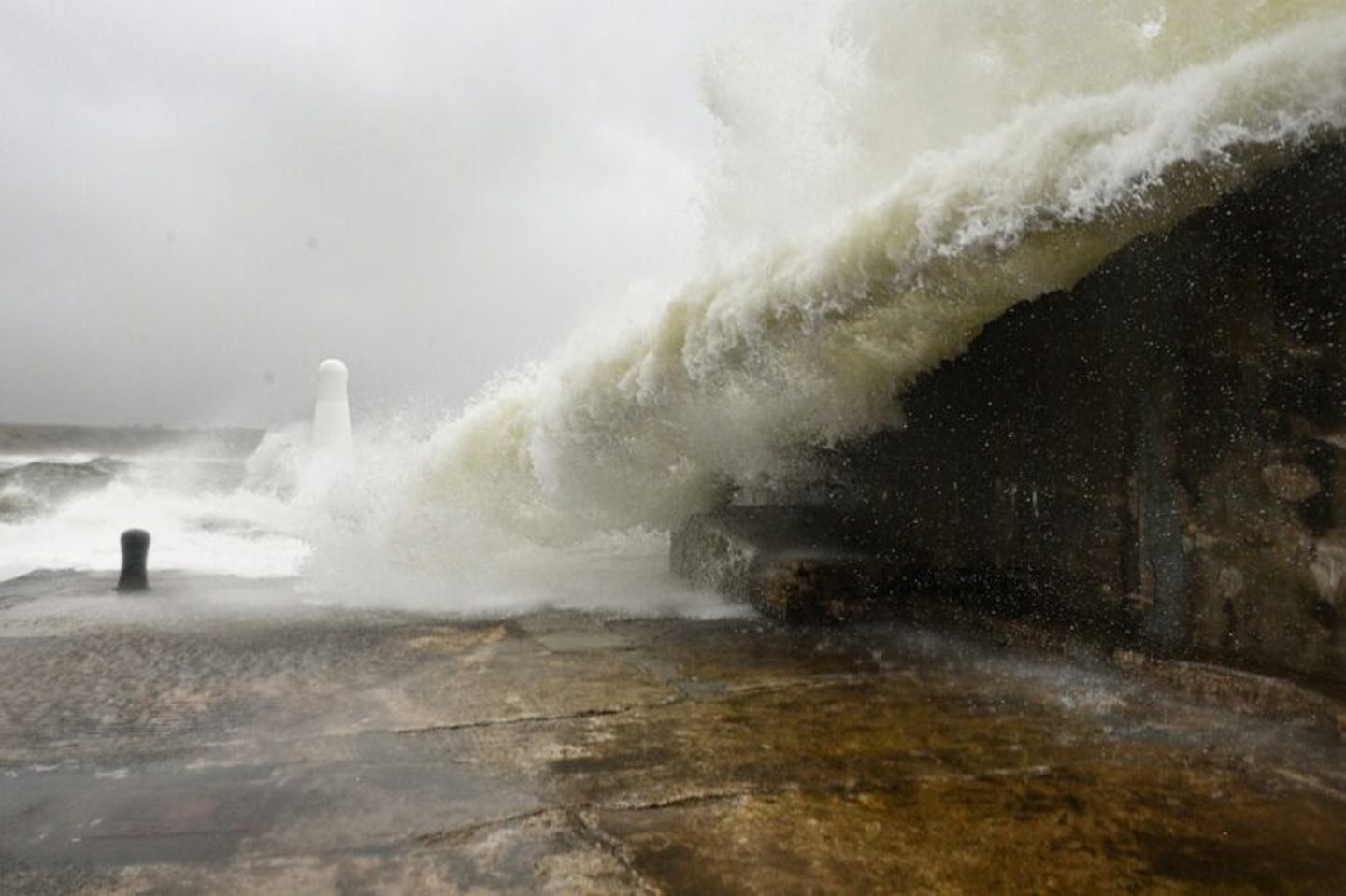 © Supplied by -
© Supplied by -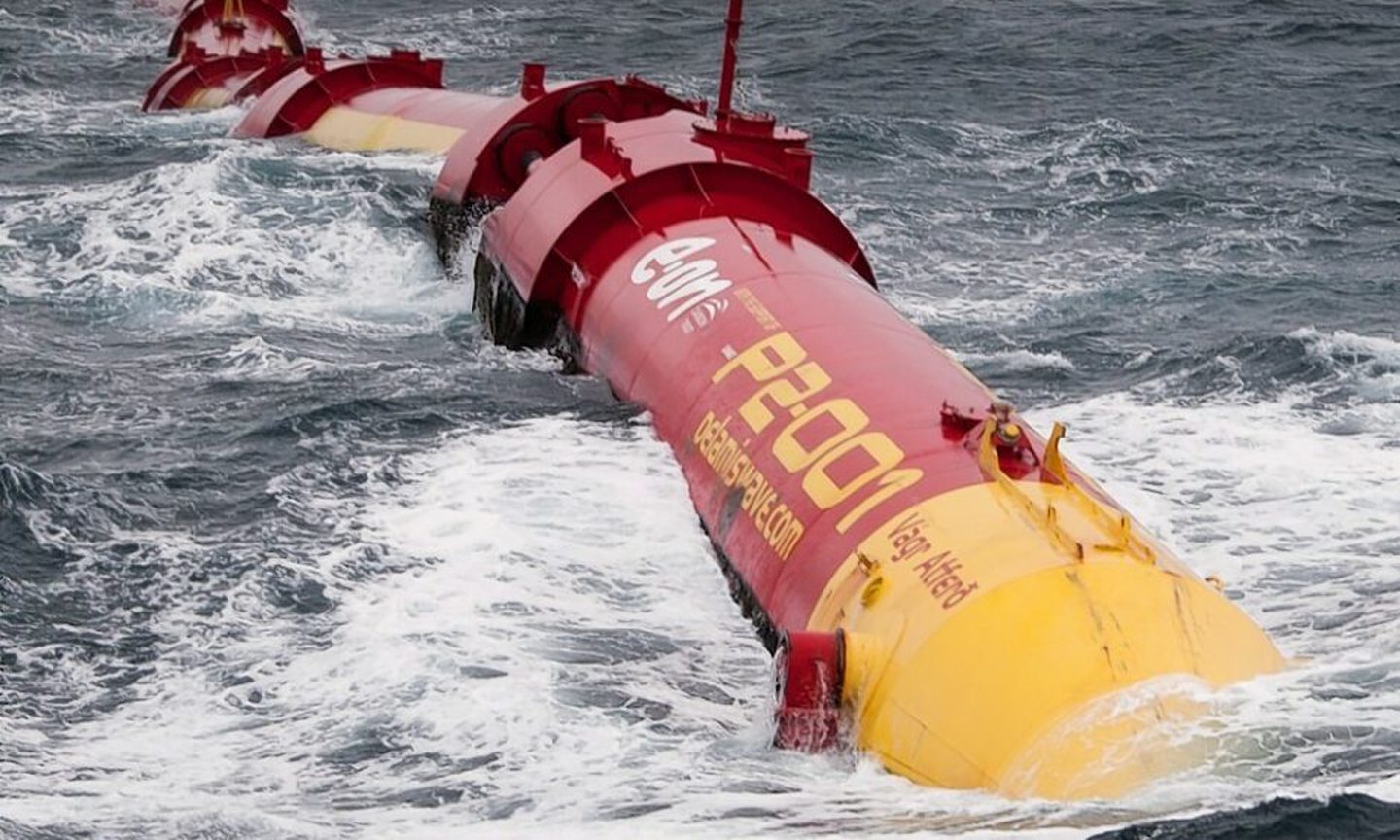 © Supplied by -
© Supplied by -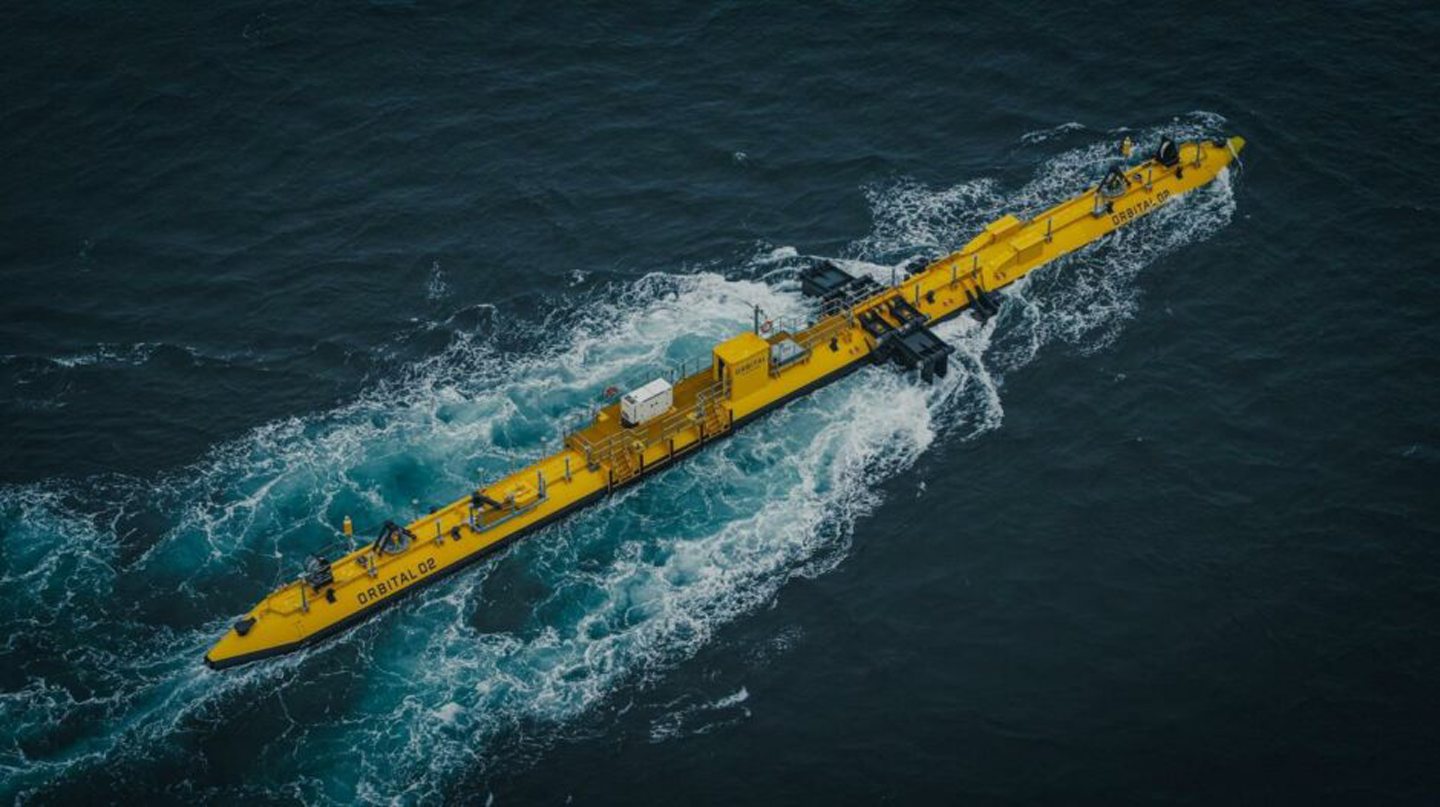 © Supplied by -
© Supplied by -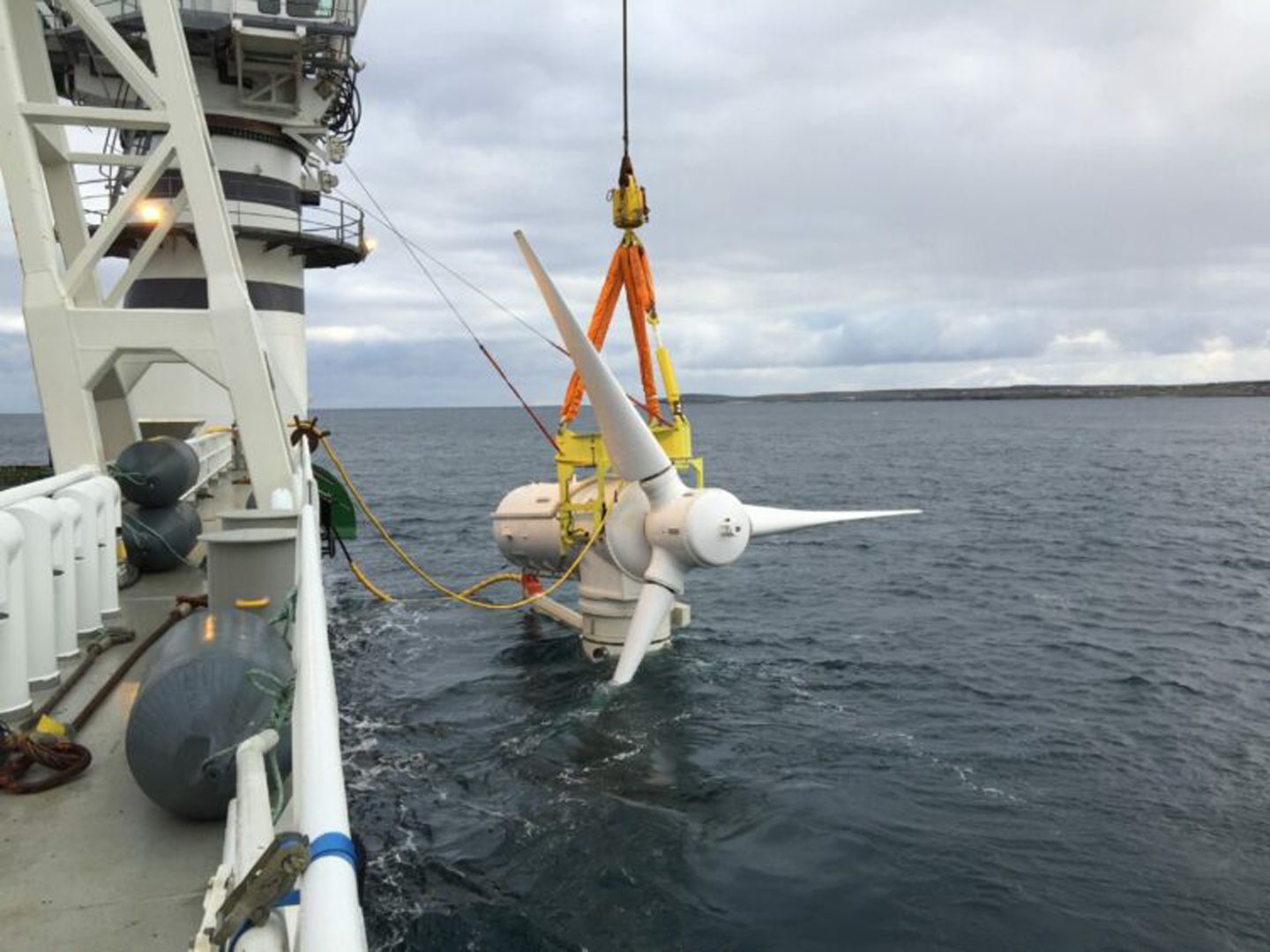 © Supplied by -
© Supplied by -